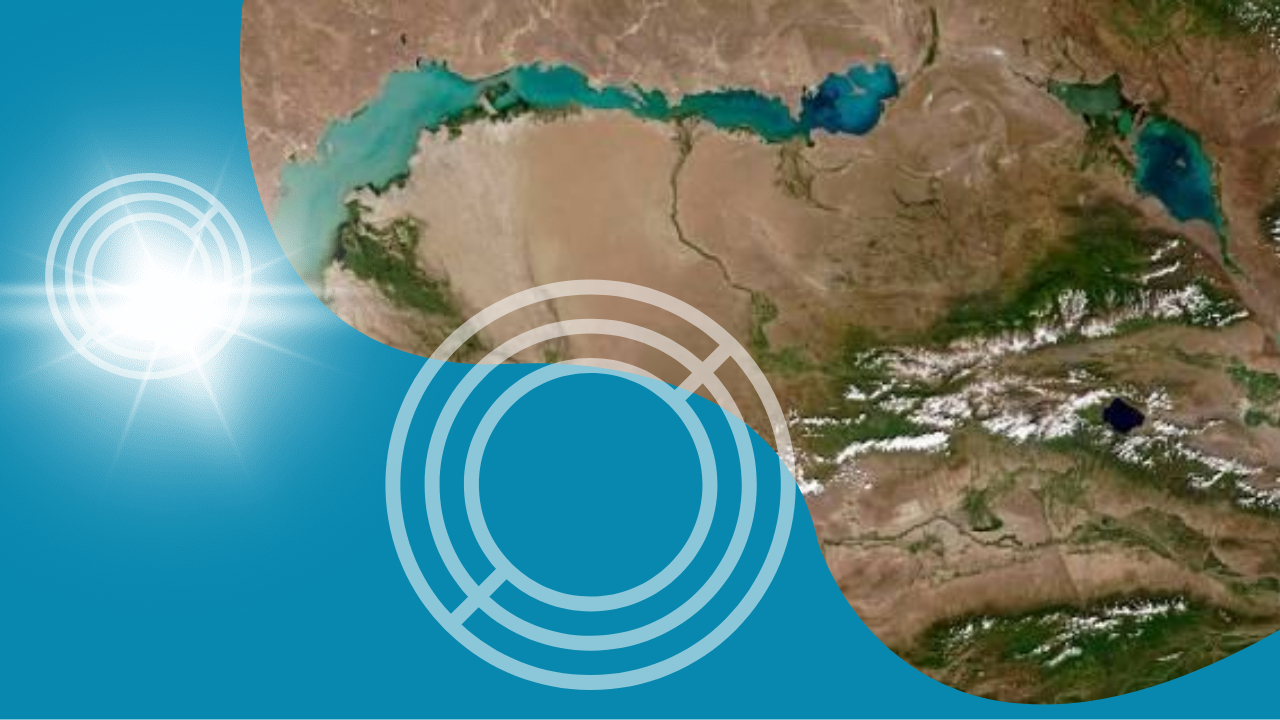In Kazakhstan, the exploration of metal deposits will utilize aerogeophysical mapping technology provided by Xcalibur Multiphysics. The areas to be studied include EKO, Abai Region, and North Balkhash.
The company’s CEO Andres Blanco outlined a phased plan in collaboration with the geological service and the Ministry of Industry and Construction. This plan aims to execute regional mapping of Northern Balhash and parts of the Abai and East Kazakhstan regions, covering a total area of approximately 250,000 square kilometres. The objective is to elevate the regional mapping to a level of detail comparable to that found in Australia or possibly Canada. The plan targets completion by 2024-2025, with the data expected to be of world-class quality, integrating various technologies.
The initial stage of regional mapping will primarily focus on magnetic gravimetry, one of the aerogeophysical survey systems. Subsequently, after interpreting geological structures with high potential, the second stage will involve a more detailed analysis utilizing electromagnetic and gravitational geology, along with data completion.
Investors are expected to be more inclined to invest in Kazakhstan’s geological exploration, armed with geological data obtained through aero-geophysics. Overall, Xcalibur Multiphysics has invested around $2.5 million in establishing its Central Asian representation in Kazakhstan and plans to invest an additional $5-6 million over the next two years. Currently, the Kazakhstan office employs seven staff members, with an additional 30-35 expected to be hired. The company is also importing foreign aircraft adapted to local conditions for registration in the country, to be piloted by domestic pilots.

